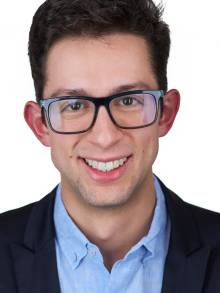DEVELOPING A SOCIAL AND ENVIRONMENTAL IMPACT METRICS FRAMEWORK FOR SUSTAINABLE FARMING
Client
HILLTRIBE ORGANICS
Faculty
Mo Coffey
Team
Madeline Everett, Martina Lee, Yileena Xu, Brandy Yang, Stella Yao
Capstone Year
2021-2022
